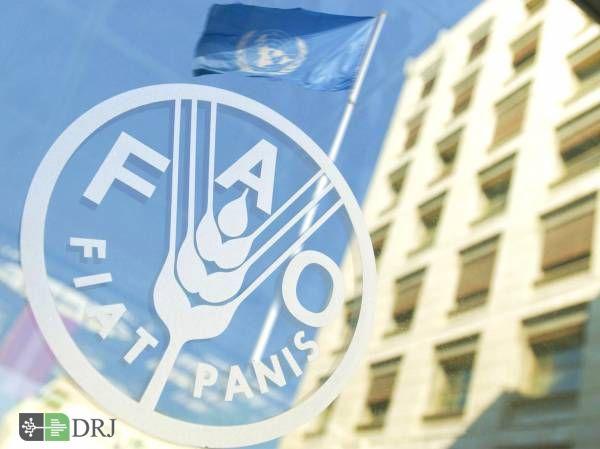
‘[I]t is not enough for democracy to be radical; it must be revolutionary’ argues Wayne Price
One of Winston Churchill’s most notable lines was:
No one pretends that democracy is perfect or all-wise. Indeed, it has been said that democracy is the worst form of government except all those other forms that have been tried from time to time.
At the turn of the 20th century, there were fewer than ten democracies in the world. By the turn of the 21st, that number had reached 80, with half of humanity governed by some form of democracy. Yet, we’ve grown astutely aware of the flaws in the system in the past two years, with some calling for an end to democracy.
This week’s guest-curator of my newsletter Exponential View, Anab Jain (see her TED talk), offered a thoughtful account of the most recent thinking about the state of democracy, experiments in improving the existent system, and the way forward. We should open to being able to continuously improve democratic systems, whether through some of the funky experiments Anab refers to below, experiments in e-voting, or an increase in direct democracy. Please enjoy Anab’s essay.
Alternate democracies by Anab Jain
Democracy is, apparently, floundering. In the United States, support for being governed by elected officials has declined, especially amongst the young. And more than half of the people living in democracies think their voice is “rarely” or “never heard,” according to recent research.
In many democratic countries, increasingly fragmented and entrenched ideological positions are compounding with the growing influence of media consumed on algorithmically influenced platforms.
In our studio in London, with Brexit looming heavy on the horizon, we have been looking at this phenomenon through the lens of various projects, public debates, and even an experiment using sortition — the use of random selection to gather together a representative sample of members of the public — for a discussion on algorithmic power. For all these reasons, thoughts on the challenges facing democracy are at the front of my mind and I suspect this might be something you’ve all been thinking about, too.
Is truth a prerequisite for democracy? Michiko Kakutani’s upcoming book examines how truth and reason have become endangered species and their rarity threatens the future of our public discourse, politics and governance. But I wonder whether lurking beneath this idea that truth has been abandoned, lies the assumption that there was a singular truth at the foundations of democracy to begin with. Perhaps, beneath Kakutani’s focus on post-truth and recursive media narratives is instead the weakening or erosion within Western democracies — at least here in the UK — of the notion of the public sphere. A shared space where publicity and plurality are recognised and celebrated. A place which nurtures the conditions that empower us to make sound judgments.
Hannah Arendt writes about this prophetically in her seminal work Truth and Politics (1967) where she distinguishes between the non-political sphere, where a singular truth reigns, and the political sphere where truth is plural and factual.
If you’re interested in what happened in the UK specifically, this long read from John Lanchester explores the loss of public trust and the “sense of a system gone wrong” after the global financial crisis.
Israel has legally declared the right to national self-determination as the “nation state of the Jewish people.” Max Fisher interprets this as an identity prioritisation: Israel has chosen identity as a Jewish state above all else, including democracy. Unfortunately, this conflicts with the ideals of pluralism and democracy on which the Jewish state was founded. Fisher positions this within a wider swing towards national identity over democracy in Europe and beyond.
MIT Media Lab’s Professor Cesar Hidalgo suggests the cause of the wider crises in the democracy is because ‘it has a bad interface’. He asks:
What if, instead of bypassing politicians, we try to automate them?
He imagines a system of direct democracy with digital agents voting on issues on our behalf. Let the memes begin.
On the matter of suspicious digital agents, Russian AI ‘Alisa’ is apparently a product of (Artificial) ‘Emotional Socialism’. Voice AI’s ever-increasing capacity to understand and respond to our emotions manifests itself very differently in Alisa than Apple’s Siri. Alisa — a product of emotional socialism according to sociologist Julia Lerner — accepts suffering as unavoidable and so responds to the assertion “I’m lonely” with “No one said life was about having fun.” This is in stark contrast to Siri’s response to “Siri, I’m lonely” with the more sympathetic “I wish I had arms so I could hug you”. Regardless, Polina Aronson thinks both AI systems are technological embodiments of emotional regimes — rules and systems that regulate and manipulate how we conceive of and express feelings.
If you need another reminder that democracy is broken, then look no further than the compromised voting machines made by the U.S’ top voting machine maker. “Top voting machine vendor admits it installed remote-access software on systems sold to states” South of the border in Mexico, things aren’t looking much better, with elections blighted by bots, trolls and fakes.
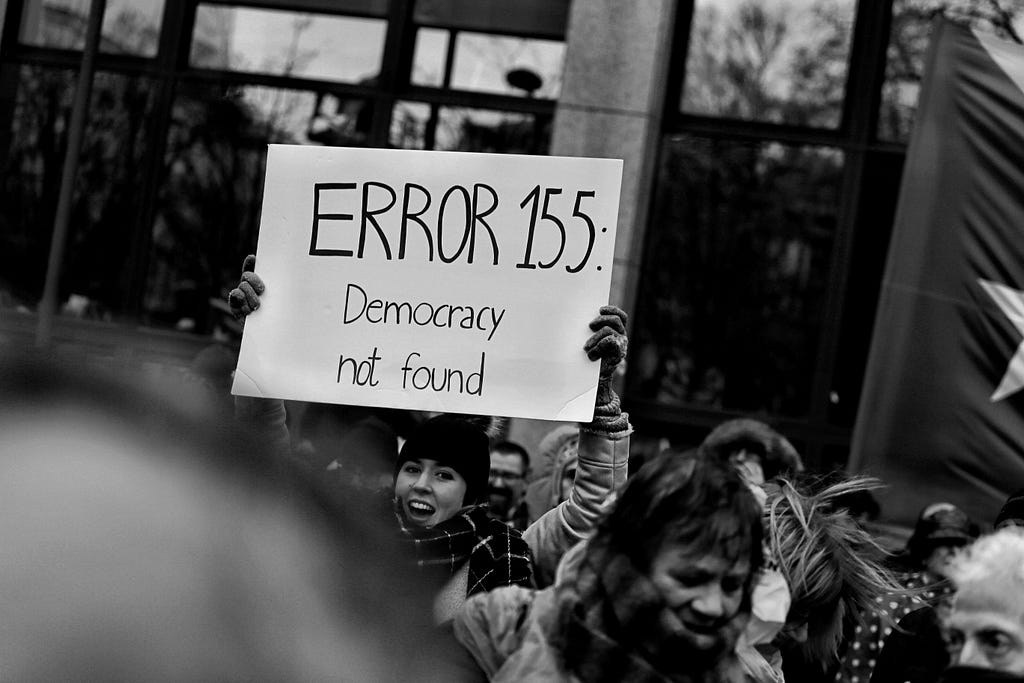
So, what are the alternatives? Anarchy? Direct democracy? Moxie Marlinspike and Windy Hart chose to use an anarchist critique of democracy because they “recognize an inherent tension between democracy and the freedom of individuals to create their own lives as they see fit.” Why is democracy so successful at reproducing itself, and how does this play out in our everyday lives? Is radical democracy a viable alternative? Their critique covers democracy in all its various forms. From alienation, to the logic of contextualised decision-making, the reduction of ideas to opinions and the near-universal acceptance of “majority rule”. But, ‘it is not enough for democracy to be radical; it must be revolutionary’ argues Wayne Price as he reviews Markus Lundstrom’s ‘Anarchist Critique of Radical Democracy’. Or it could be considered as a framework for community-owned change.
This conversation with scholar Keller Easterling looks at moving past political ideologies and a solutionist mindset altogether. According to Easterling, “having the right answer in our current political climate only exacerbates the violence of binary oppositions.” She rejects the righteousness of manifestos and certainty of ideologies, urging ways of thinking better attuned to complexity and ambiguity.
Which brings us back full circle to Hannah Arendt’s emphasis on the importance of the publicity and plurality afforded to us by the public sphere.
Anab Jain’s essay was originally published in Exponential View newsletter #176. If you’d like to receive Exponential View each Sunday morning, subscribe here.
Experiments in Alternate Democracies was originally published in NewCo Shift on Medium, where people are continuing the conversation by highlighting and responding to this story.
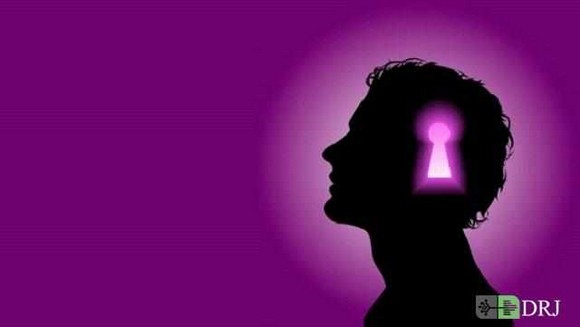
ایده ها برای استارت آپ موجب رونق کسب و کارهای اینترنتی
آینده / استارت آپ

استارتآپها ادبیات بازار سرمایه را بلدند؟
استارت آپ

صدور تاییدیه دانش بنیانی شتابدهنده صدر فردا
اخبار / استارت آپ

اپلیکیشن شارژاپ
گوناگون / استارت آپ / رپرتاژ آگهی / بازتاب

جذابترین ایدههای B2B در سال 2020
استارت آپ

تعریف استارت آپ startup
دانشنامه / استارت آپ / مقاله

۱۰ استارتاپ که بدون سرمایه به سوددهی رسیدند
استارت آپ

ایده ها و پیشنهاد برای استارت آپ در سال جدید
راهکارها و ترفند ها / استارت آپ
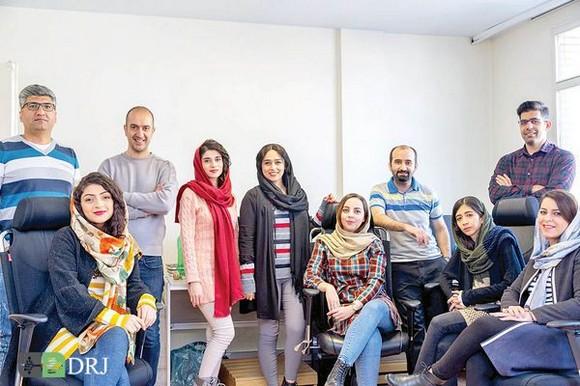
استارتآپ ایرانی؛ مرجع اول زنان افغان
استارت آپ

شروع یک کسب و کار نوپا پلتفرمی
استارت آپ

برنامه شبکه اجتماعی تیندر
گوناگون / معرفی وب سایت / استارت آپ

10 استارت آپ برتر تاکسیرانی جهان
استارت آپ

پخت پیتزاهای هیجان انگیز با هوش مصنوعی
آینده / استارت آپ

ایده های استارتاپی فراموش شده
دورنما / بازار / استارت آپ

اپل، استارتاپ فناوری خودران Drive.ai را تصاحب کرد
استارت آپ

بررسی مهمترین چالشهای تیمهای استارتاپی
استارت آپ

نگرانی کاربران از هزینه تعمیر و تامین قطعات
گفت و گو / بازار / استارت آپ

مصاحبه با مدیرعامل و بنیانگذار استارتاپ Moz
گفت و گو / استارت آپ

آشنایی با استارت آپ های حوزه مدیریت آب
استارت آپ

راه اندازی ۷۰ استارت آپ توسط نخبگان ایرانی
استارت آپ

معرفی هشت استارتآپ موفق ایرانی در حوزه فینتک
استارت آپ

اولین مرورگر شرعی دنیا
استارت آپ

از صفر تا پیست
استارت آپ

معرفی برترین استارتاپهای CES 2019
اخبار / استارت آپ

ازدواج با فرد ثروتمند یا خوش اخلاق
سبک زندگی / برترین ها

هدف از تشکیل خانواده چیست
سبک زندگی

اول عاشق شویم، بعد ازدواج کنیم
سبک زندگی

خانواده چیست
سبک زندگی

مشاوره خانواده چیست؟
سبک زندگی

اولویتهای پسانداز خانواده چیست؟
سبک زندگی

هزینه های خانواده چیست؟
سبک زندگی

راهکار بیشتر حرف زدن اعضای خانواده چیست؟
سبک زندگی

چرخه زندگی و خانواده چیست؟
سبک زندگی

اهداف و اصول تشکیل خانواده
سبک زندگی

آموزش جنسی نادرست به سبک خانم جلسه ای
سبک زندگی
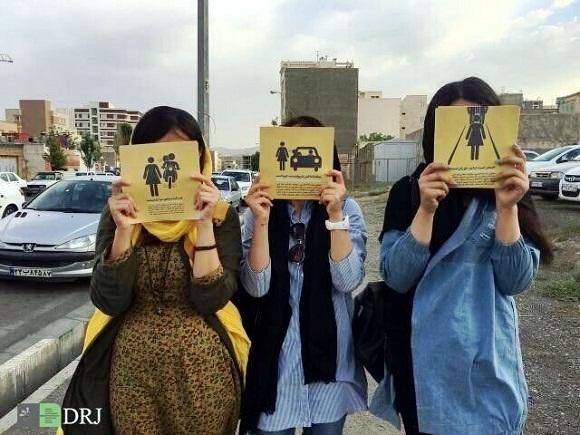
لطفا تماشاچی آزار زنان نباشید!
سبک زندگی

کودک آزاری؛ از نشانهها و دلایل تا درمان
گزارش / سبک زندگی / پرورش کودکان

روش های تعیین هدف و مسیر زندگی برای رسیدن به موفقیت
سبک زندگی
مجله اینترنتی دیپروتد نشریه مجازی بر بستر اینترنت به مسائل آموزشی و مقالات پیرامون کسب وکار های نوپا یا استارت آپ ها و سبک زندگی است فعالیت و محتوای مطالب ارائه شده در سایت همه بیشتر در حوزه مدیریت، کارآفرینی ، روانشناسی ،اقتصادی و فناوری اطلاعات است نام اصلی دیپروتد "ریشه های عمیق " با مجوز رسمی از هیات نظارت برمطبوعات مشغول به فعالیت است
ما را در شبکه های اجتماعی دنبال کنید
تمامی حقوق برای سایت فوق محفوط است.
S-TECH: ایرانی توانمند | Powered by: مجله اینترنتی دیپروتد


